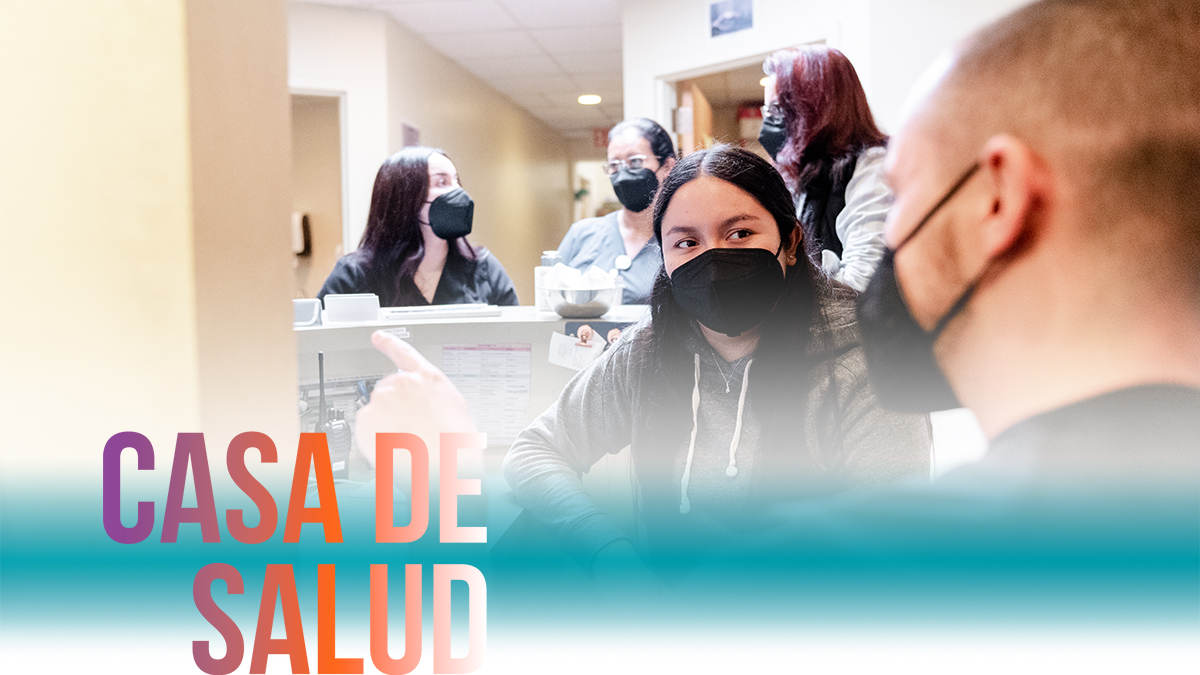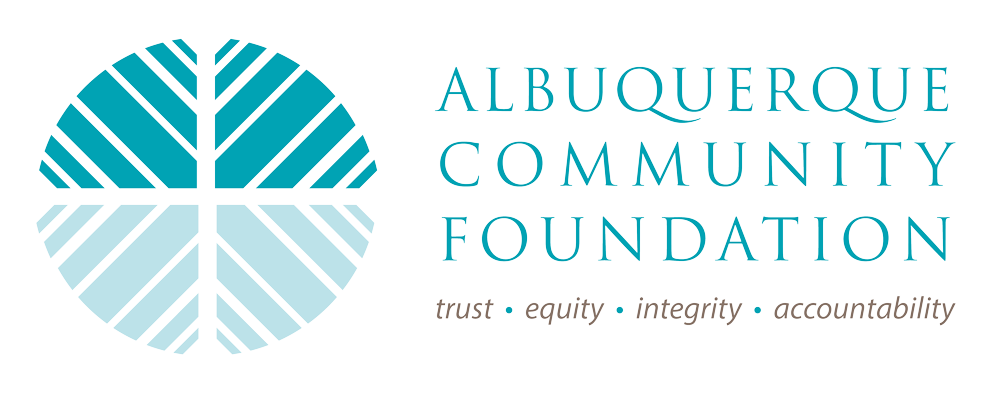
Casa de Salud Executive Director Anjali Taneja is extremely proud of the fact that the healthcare organization was able to remain operational throughout the pandemic without a single day of closure. This nonprofit clinic provides healthcare services for immigrants, low-income and uninsured New Mexicans, queer/transgender community members, drug users, and people seeking treatment and recovery for addictions. It has deep roots in serving the needs of all-too-often marginalized members of the Albuquerque community.
There is plenty of demand. In 2022, Casa de Salud had more than 7500 patient visits, the majority of those (around 70%) from patients who were uninsured; the rest were mainly covered by Medicaid.
Understanding the inequality, oppression and trauma of this patient demographic helped guide the clinic through the COVID-19 crisis, which exacerbated an already overburdened, inequitable healthcare system.
To provide for its patients during the pandemic, Casa de Salud brought in community health workers to engage with community members and support them with COVID testing, boosters, vaccines, and even accessing housing and rental assistance through the Emergency Rental and Utility Assistance Program (ERAP).
“Our community health workers engaged with over 9,700 community members at 52 outreach events and at Casa de Salud,” said Taneja. “They distributed 8,200 rapid home COVID test kits to families in need, helped many people get signed up for COVID boosters and they also organized 37 vaccine clinics where 484 people received COVID vaccines.” Emergency funding allowed the clinic to quickly direct resources straight to the community, providing critical care, healthcare and acute care as well as helping people stay out of the emergency room and administering low-barrier opioid addiction treatment.
“I can’t understate the impact of being able to treat opioid use during the pandemic,” said Taneja. “We provided critical harm reduction services during a worsening opioid and fentanyl epidemic. We exchanged over half a million used syringes for new syringes for people using drugs. We distributed over 300 doses of Narcan (naloxone), the lifesaving opioid overdose reversal medication. Clients told us they used 124 of those doses out in the community, to reverse overdoses and save loved ones’ lives.”
With the pandemic now officially over, Casa de Salud continues to offer care to meet the needs of the
community, including for transgender and nonbinary clients. Taneja believes it’s more important than ever to preserve the right to gender-affirming care and make it available to community members.
From the top down, Casa de Salud staff are dedicated to providing anti-discriminatory, trauma-informed and accessible healthcare. Several staff members serve as appointees to statewide councils such as the Governor’s Advisory Council for Racial Justice, the New Mexico Primary Care Council, and New Mexico’s Overdose Prevention and Pain Management Advisory Council, as well as on Bernalillo County’s Addiction Treatment Advisory Board and the Bernalillo County, UNM Hospital Task Force.
In 2022, Taneja was awarded the New Mexico Ethics in Business Award, one of only six recipients statewide. “I won the award individually, but it is a reflection of our entire team at Casa Salud and the integrity and ethics which guide us in our work,” she said. “It was great to be lifted up during the pandemic for an ethics award. We face a lot of barriers to survive and thrive in the healthcare space because we aren’t part of the medical industrial complex and we do this all as an independent nonprofit clinic.”
Casa de Salud is not a federally qualified health center and does not receive federal funding.
“So much of the work we do is about building power within the community, not just providing services,” said Taneja. “We feel that we have a responsibility to do this. That's why we advocate for policy and structural change in addition to providing care.”
